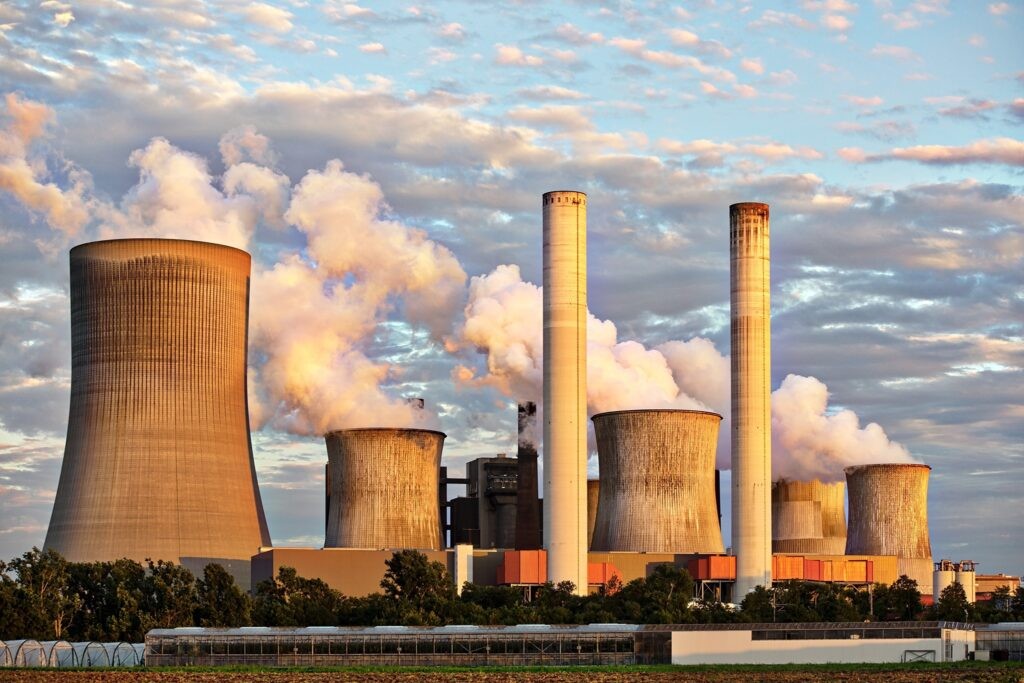
With carbon unit prices decreasing to NZ$48 (AU$44) per metric tonne of CO2 equivalent from a peak of NZ$88.50 (AU$82) in November 2022, New Zealand’s carbon market, a component of the government’s Emissions Trading Scheme (ETS), struck a two-year low this June.
A 2008 government initiative known as the ETS controls greenhouse gas emissions for particular businesses. Companies can obtain licenses for the emissions they are allowed to emit as well as sell any unused permits to other parties. As a result, market for selling emissions becomes competitive, encouraging businesses to invest in low-carbon emission technology.
The auction reserve price for 2023 should be set at NZ$60 (AU$55), according to the Climate Change Commission (CCC). Though there is currently political unrest around New Zealand’s ETS, investors are worried about possible adjustments and an excess of carbon credits as as result of the scheme’s ongoing evaluation.
Alarmingly, despite a price cut in March, New Zealand failed to sell any carbon emission credits, with experts speculating that business may be hoarding clients.
This story and image were provided courtesy of the VASA page and was slightly edited prior to publication.
For more info, please click here



